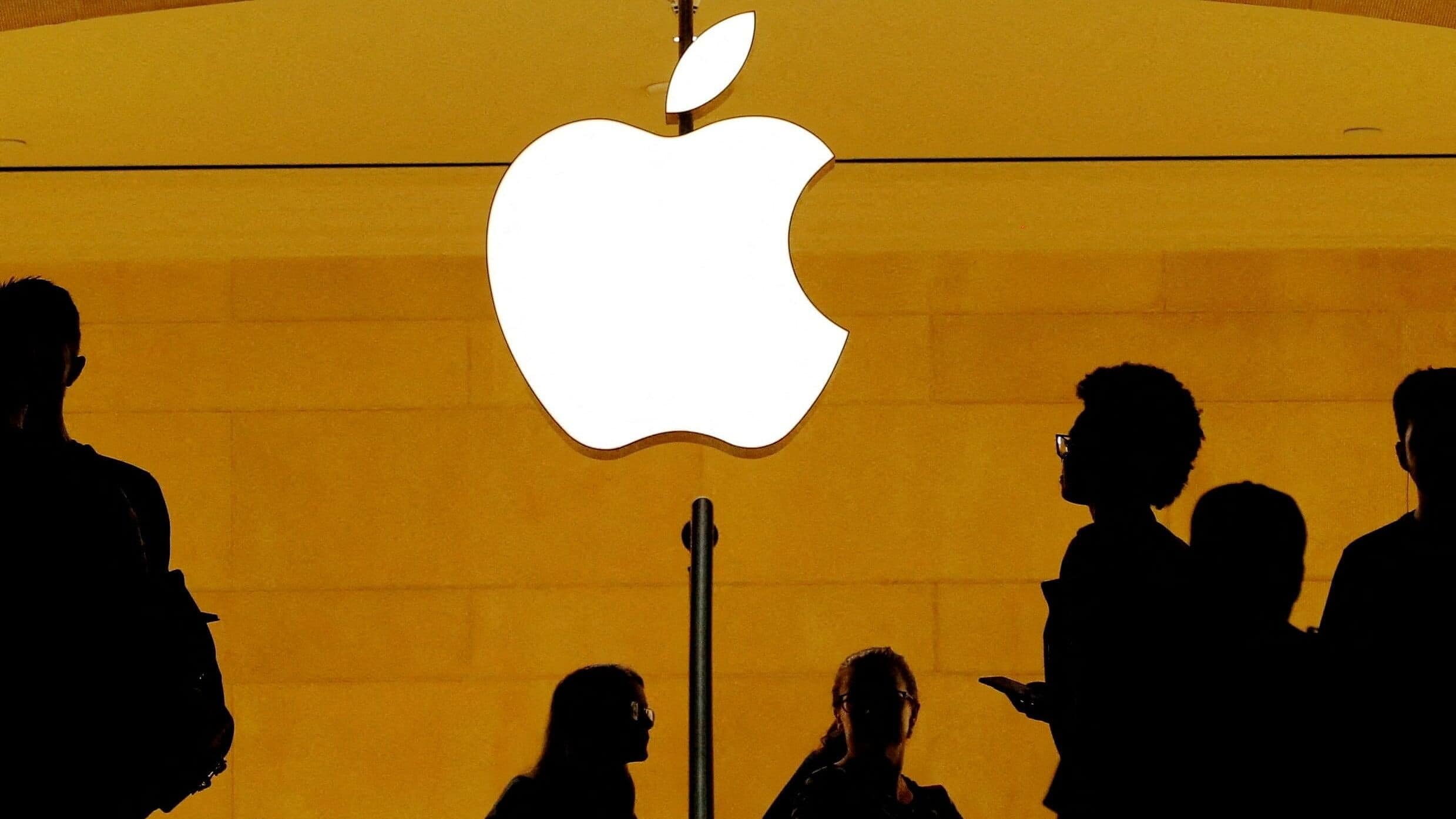
Apple sued for allegedly snooping on employees' personal iPhones
What's the story
Apple is facing a lawsuit for allegedly spying on its employees' personal iPhones and iCloud accounts. The complaint was filed in a California state court by an employee named Amar Bhakta. Bhakta, who has been working with Apple since 2020 in digital advertising, claims that the firm requires employees to install software on their personal devices used for work. This software allegedly gives Apple access to their email, photo libraries, health data, "smart home" information and other personal data.
Information control
Alleged confidentiality policies restrict employee discussions
The lawsuit also alleges that Apple enforces confidentiality policies that prevent employees from discussing their working conditions, even with the media. Bhakta alleges he was barred from discussing his work on podcasts, and was instructed to delete information about his working conditions from his LinkedIn profile. The lawsuit reads, "Apple's surveillance policies and practices chill, and thus also unlawfully restrain, employee whistleblowing, competition, freedom of employee movement in the job market, and freedom of speech."
Company response
Apple denies allegations, claims employees are informed of rights
In response to the allegations, an Apple spokesperson said that the claims in the lawsuit are baseless. The company also clarified that its employees are trained annually on their rights to discuss their working conditions. "At Apple, we're focused on creating the best products and services in the world and we work to protect the inventions our teams create for customers," the spokesperson added.
Ongoing disputes
Previous lawsuits and complaints against Apple
Bhakta's legal team also represents two women who sued Apple in June, alleging the company systematically underpaid female employees in its engineering, marketing, and AppleCare divisions. Apart from this, at least three complaints have been filed with a US labor board alleging Apple has illegally discouraged employees from speaking about issues like sex bias and pay discrimination with each other and the media. This includes alleged restrictions on their use of social media and workplace messaging app Slack.